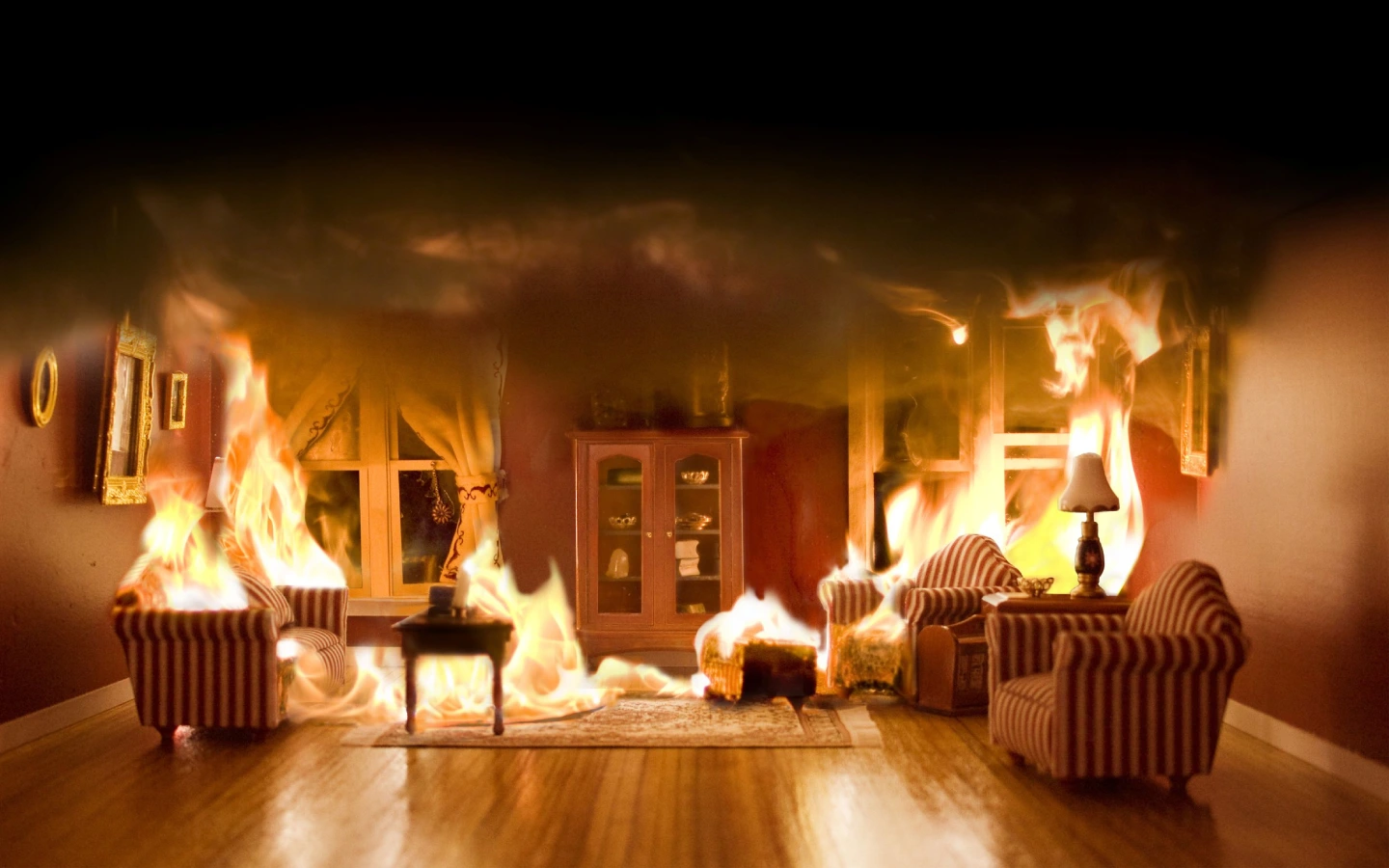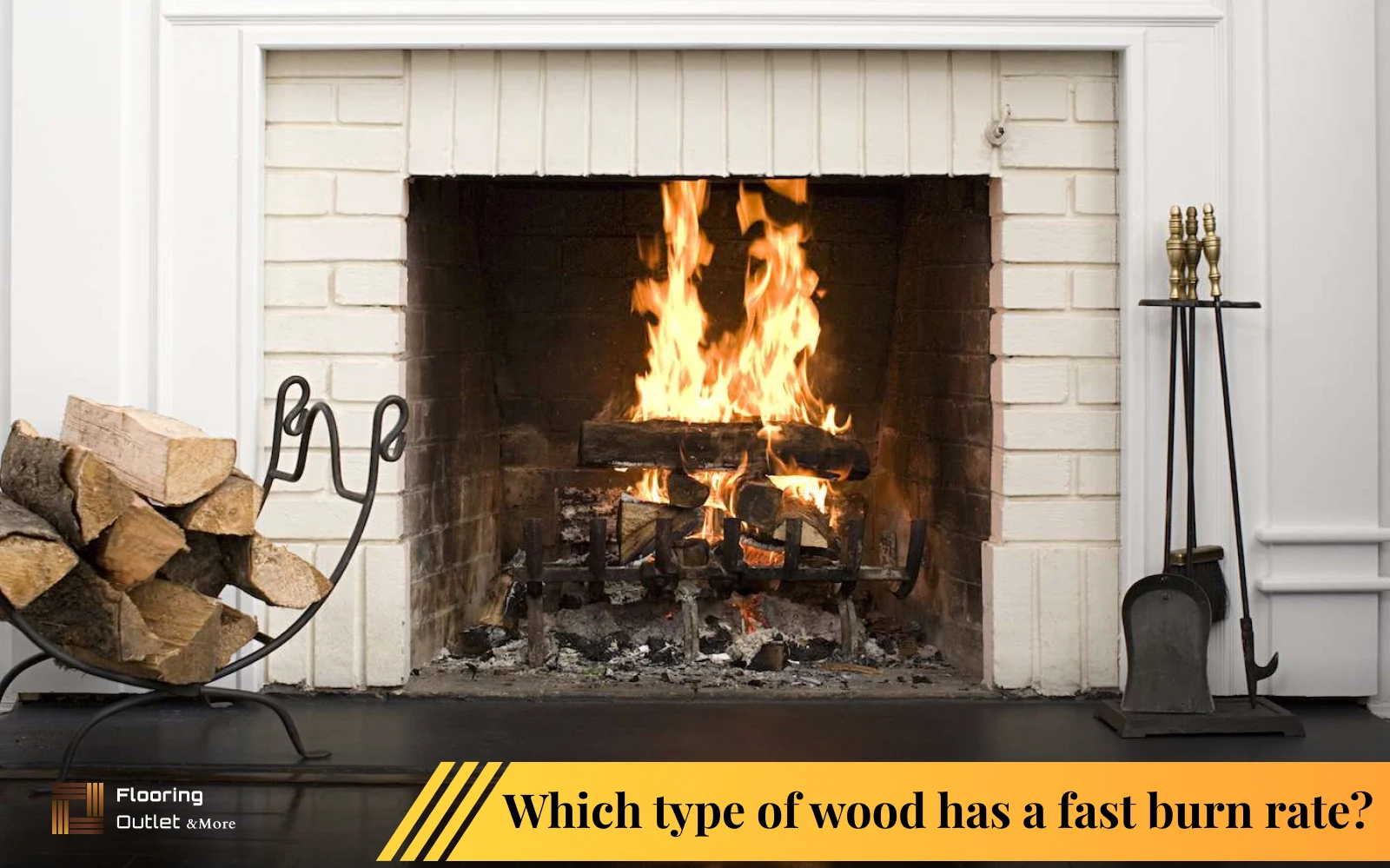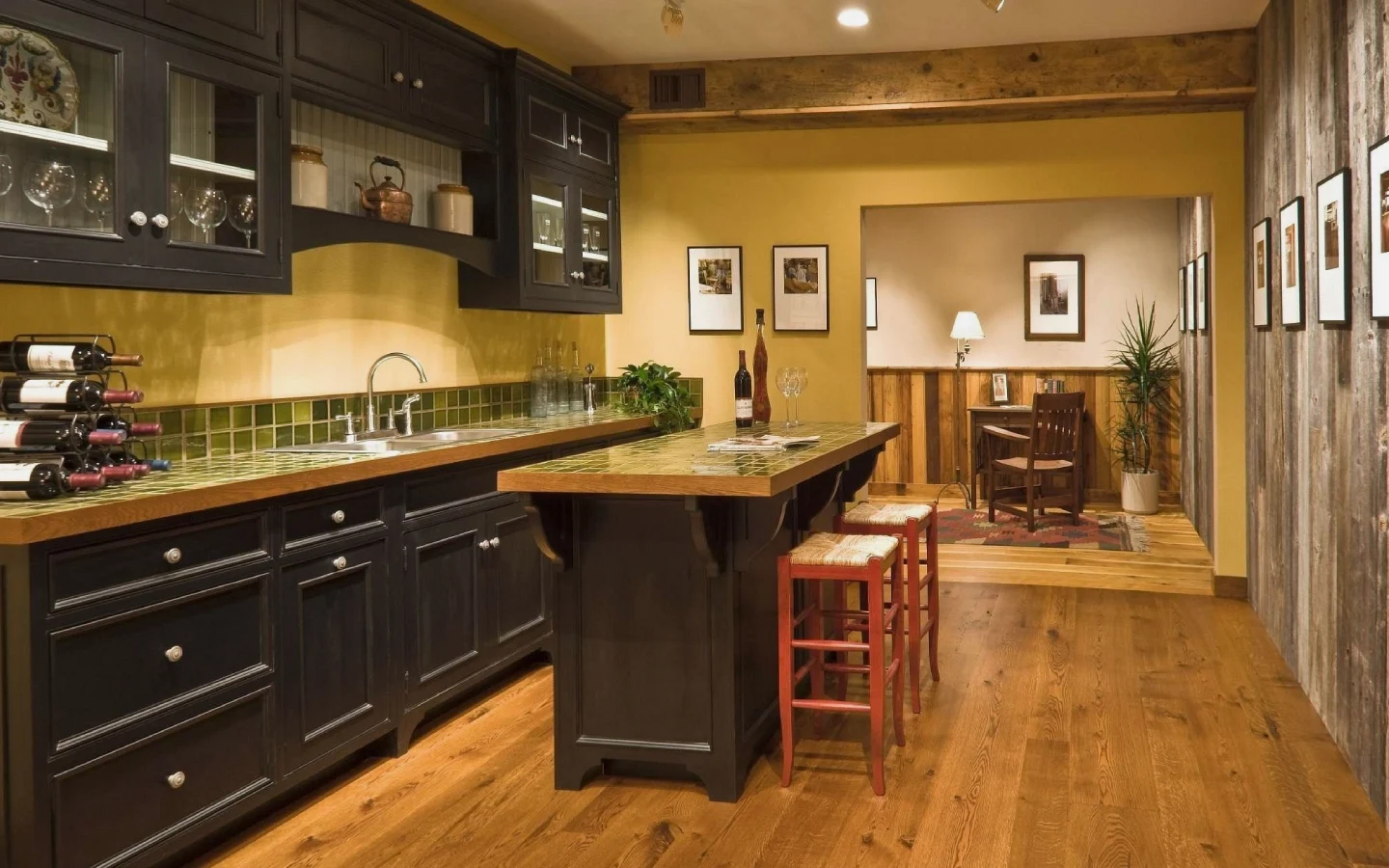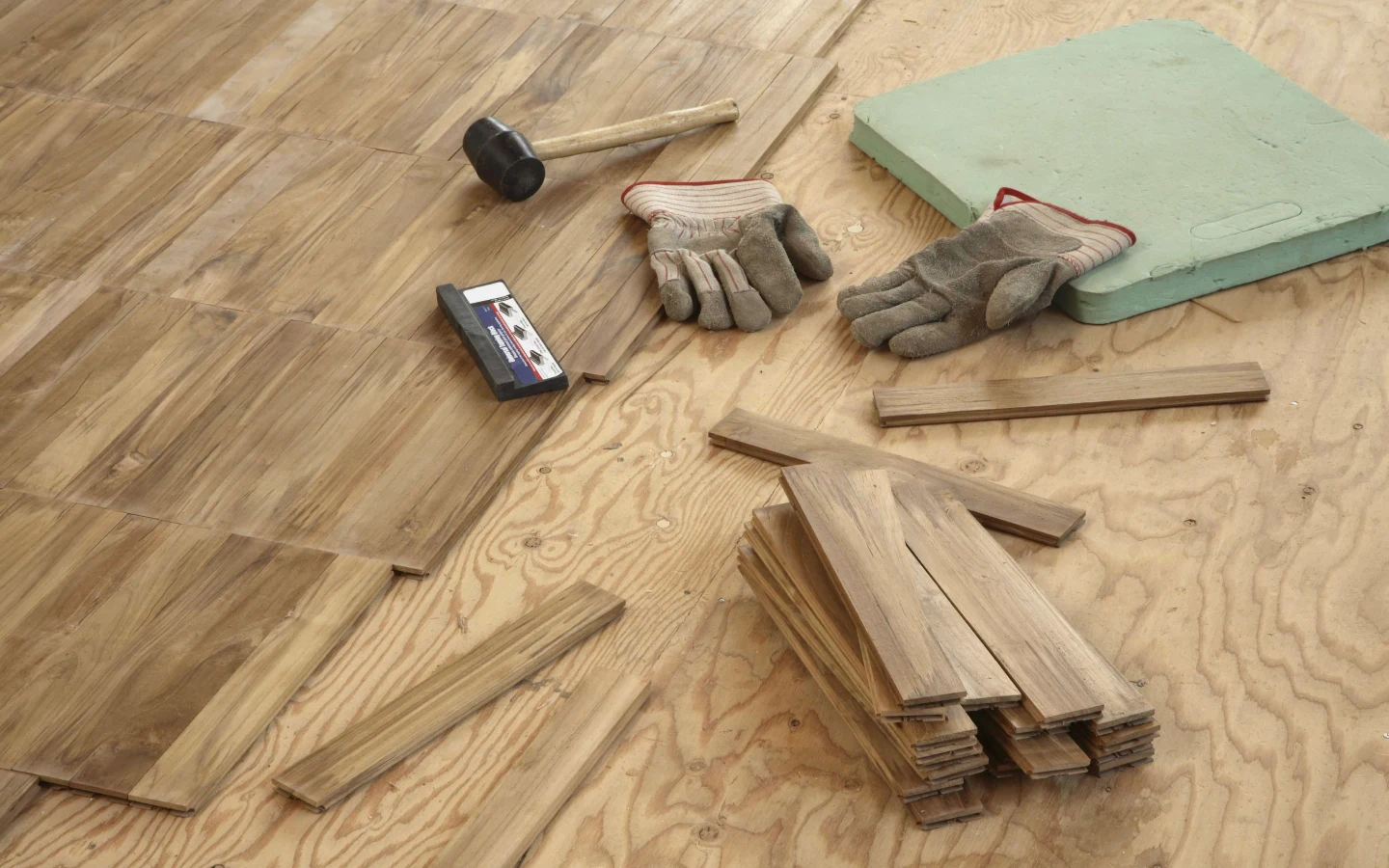Slow-Burning Firewood for Your Home: Tips to Choose Long-Lasting, High-Heat Wood

Temperatures are rising all around the world. Not only does it affect your personal life, but it can also have lasting consequences on your house. No matter if you have hardwood floors or any other wood material in the house, they are all at risk of being burned out! So, it is vital to choose a type of wood that takes longer to burn.
What wood takes longer to burn?
When choosing the right type of wood, you must first consider whether it is a hardwood or a softwood. The former is made of trees that lose leaves in the winter, such as oak, ash, and maple, but the latter is made of evergreen trees, such as pine, cedar, and fir. Since hardwood grows slower, the wood becomes denser, which takes more time to burn and produces more heat. So, our first recommendation is to choose from durable hardwoods that save you money.
Secondly, you should consider density. It refers to the moisture content of the wood. The more moisture content, the more significant the gaps inside the wood, letting the air circulate freely. Hence, the wood burns slower. On the other hand, low-dense woods burn faster since there are large air gaps between tree fibers.
Third, you should choose a seasoned hardwood. Experts believe seasoned woods contain less moisture since they are dried out for at least six months up to a year. During this time, water evaporates, which causes the wood to dry completely. In this way, more heat and less smoke and fume are produced if the wood is burned, making a suitable choice for cooking and chimneys inside the house.
As a rule of thumb, choose seasoned and well-dried wood when buying items for your property.
Tip: What Is Janka Hardness Rating Scale For Wood?
Which type of wood has a slow burn rate?
Take a look at the comprehensive list below to find out the best firewood:
Ash
The best choice ever! It burns slowly and has a great flame pattern. It also produces a high amount of heat with no pollutants. The reason for its increasing popularity can be the low moisture content causing the wood to become denser and to dry in a shorter time.
Elm
Growing in popularity recently! Elm burns slowly and well. The heat produced is long-lasting and the flame is bright. Keep in mind that it takes longer to be seasoned due to high moisture content.
Oak
As one of the best options in the market, oak is regarded as a slow-burn hardwood with long-lasting heat. Similar to elm, oak needs to be seasoned for a long time, at least two years.
Hawthorn
If cut into logs, hawthorn has an everlasting heat. The only thing to consider is that it is a little difficult and dangerous to work with its harsh thorns, so take safety measures in advance.
Birch
Birch burns quickly and provides you with a great amount of heat with a good smell. You can even mix it with other types of hardwood for the best result.
Cherry
Another slow-burn hardwood is cherry. It has a great heat output with a great smell. Consider it on your to-buy list for Christmas!
Apple
It has a slow burn rate and produces a good amount of heat. Keep in mind that it might release smoke and fumes.
Beech
Beech log burns well and slowly. It just might take longer to be seasoned compared to other types of hardwood due to its high moisture content.
Cedar
As a softwood, it burns slower than other types, providing a lasting high amount of heat.
Other options include:
- Hickory
- Blackthorn
- Hazel
- Horry
- Hornbeam
- Pear
- Plane
- Rowan
- Sycamore
- Maple
- Yew
- Willow
All these types of wood are dense and slow to burn. You are suggested to use them in your home construction and interior design to please yourself with aesthetics, durability, and security at the same time.
Tip: Find the best solid hardwood flooring material at Flooring Outlet & More in San Jose
Which type of wood has a fast burn rate?

Alder
It burns really fast and produces less heat.
Pine
As a softwood, pine requires long seasoning. It burns really fast and leaves oily deposits due to high moisture content.
Chestnut
Chestnut burns really fast and does not provide you with a great amount of heat or flame.
Larch
As a fast-growing tree, it produces good heat output but has the drawback of leaving oil if not burned properly.
Lime
Definitely not suggested! It neither has a good heat output nor an impressive flame.
All the woods mentioned above burn really fast, so they are not appropriate to use in house construction or interior design. They are not durable enough, and by burning fast, they are more prone to damage and release pollutants that cause health hazards.


Did you find what you were looking for?